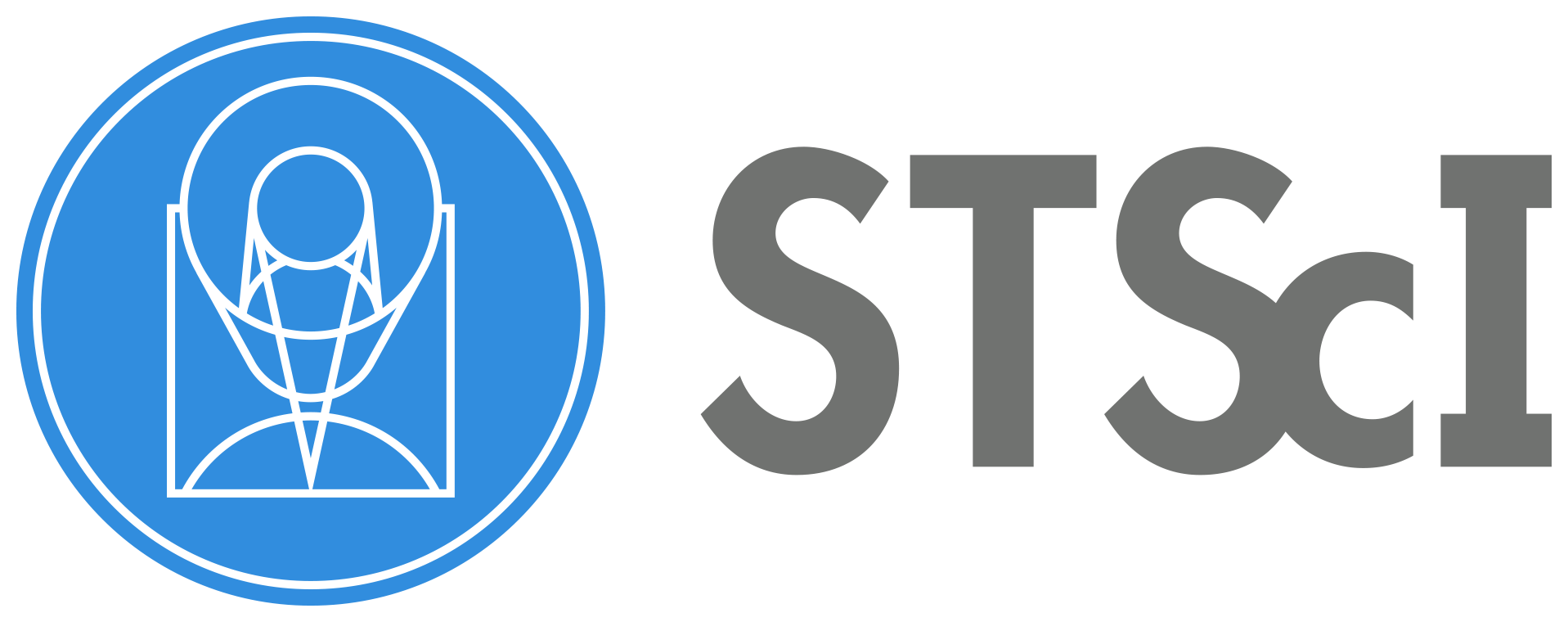JWST Data Analysis Tool Notebooks#
The jdat_notebooks repository contains notebooks illustrating workflows for post-pipeline analysis of JWST data. Some of the notebooks also illustrate generic analysis workflows that are applicable to data from other observatories as well. This repository and the notebooks are one component of STScI’s larger Data Analysis Tools Ecosystem.
Summary Listing and Descriptions#
The sidebar on the left of this page provides a summery listing of the notebooks, and clicking will take you to html-rendered versions of the notebooks. These are easily readable, and require no special tools beyond your web browser. The notebooks are organized by JWST instrument, or are marked as cross-instrument. At the top of each notebook you will find a brief description of the specific science use case that is demonstrated by the notebook, a description of the data that are used, and a listing of the data analysis tools that are demonstrated by the use case.
Installation Instructions#
To download and execute the notebooks, we recommend that you clone the jdat_notebooks repository to your local computer as described in the installation instructions.
Help#
If you uncover any issues or bugs, you can open a GitHub issue. For faster responses, however, we encourage you to submit a JWST Help Desk Ticket.
Contributing#
Contributions are welcome from both the scientist and developer community. If you wish to contribute fixes or clarifications to existing notebooks, feel free to do so directly to this repository. If you wish to contribute new notebooks or major reworks of existing notebooks, see the contributing instructions. The notebooks attempt to utilize a number of software packages supported by STScI, including Astropy, glue, ginga, photutils, specutils, astroimtools, imexam, jdaviz, asdf, gwcs, and synphot. Note jdaviz is STScI’s JWST Data Analysis Visualization Tool, designed to be used with spectra, IFU cubes, and multi-object spectroscopy (MOS).
